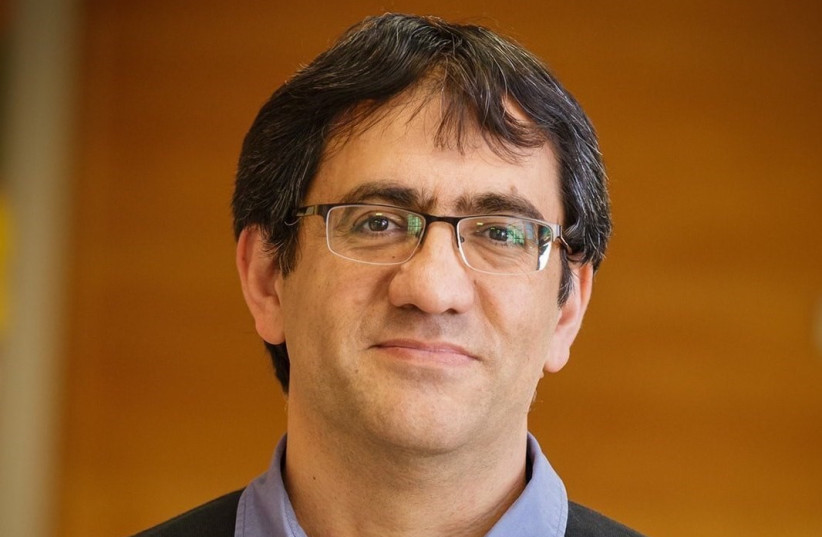A new approach, developed at Bar-Ilan University (BIU) in collaboration with Italian researchers, offers a potential way to intervene in an early stage of Alzheimer’s disease (AD) that could potentially transform how doctors deal with this debilitating dementia.
Effective and accessible treatments for this disease are urgently needed. Recent studies have revealed a paradigm shift in understanding Alzheimer’s pathology, stressing the importance of targeting the early-stage aggregation of the pathogenic amyloid beta (A-beta) protein and specifically focusing on its soluble oligomeric form (an oligomer is a molecule made up of a few repeating units that could come from smaller molecules).
Aggregation of misfolded proteins is the fundamental cause of many degenerative conditions, including Alzheimer's, Parkinson's disease, and type-2 diabetes.
Over the past three decades, conventional treatments for Alzheimer's have largely been ineffective, mostly because they focus on fighting the fibrillar (rod-like) form of A-beta. However, emerging research suggests that the soluble oligomeric form of A-beta poses the biggest threat to the health of neurons (nerve cells), leading to cognitive decline and neurotoxicity.
A recent breakthrough in treatment has come from the development of an antibody capable of recognizing both oligomeric and fibrillar forms of A-beta, offering newfound hope to the field, according to Prof. Shai Rahimipour of the chemistry department of Bar-Ilan University (BIU) in Ramat Gan, together with Italian scientists Profs. Angelo Monguzzi and Marcello Campione from the University of Milano-Bicocca. The innovative therapy has demonstrated promising results in delaying disease progression by up to 36% in individuals with early-to-mild cognitive impairment.

Their study, funded in part by Israel’s Ministry of Science and Technology, has just been published in the journal Advanced Healthcare Materials under the title “Noninvasive treatment of Alzheimer's disease with scintillating nanotubes.”
Promising collaborations
The collaborative effort by Israeli and Italian researchers involved harnessing the power of nanotechnology and ultra-low-energy X-rays. This inhibited the aggregation and toxicity of A-beta in preclinical models, offering a potential avenue for early intervention in the disease.
“This approach has shown promising results in neuronal cell cultures and animal models, offering new possibilities for early intervention in Alzheimer's,” said Rahimipour.
The unique advantage of this approach lies in its potential to selectively target and irradiate the affected regions of the brain, minimizing the risk of side effects associated with traditional antibody-based therapies. Preliminary studies have already shown the safety and efficacy of the nanoparticles and the low-energy X-rays in preclinical models, paving the way for further exploration in human clinical trials, the team said.
“Our ultimate goal is to develop a safe and effective treatment for people in the early stages of Alzheimer's, with a focus on those at high risk, including those with familial Alzheimer’s,” he added. “By targeting the early-stage aggregation of A-beta, we aim to prevent disease progression and improve the quality of life for patients and their families.”
The researchers hold patents for the technology and nanoparticles, composed of hydrated magnesium silicate. They have shown that they permeate the blood-brain barrier in animal models. Further research is underway to optimize the treatment regimen and assess its long-term efficacy in clinical settings.
